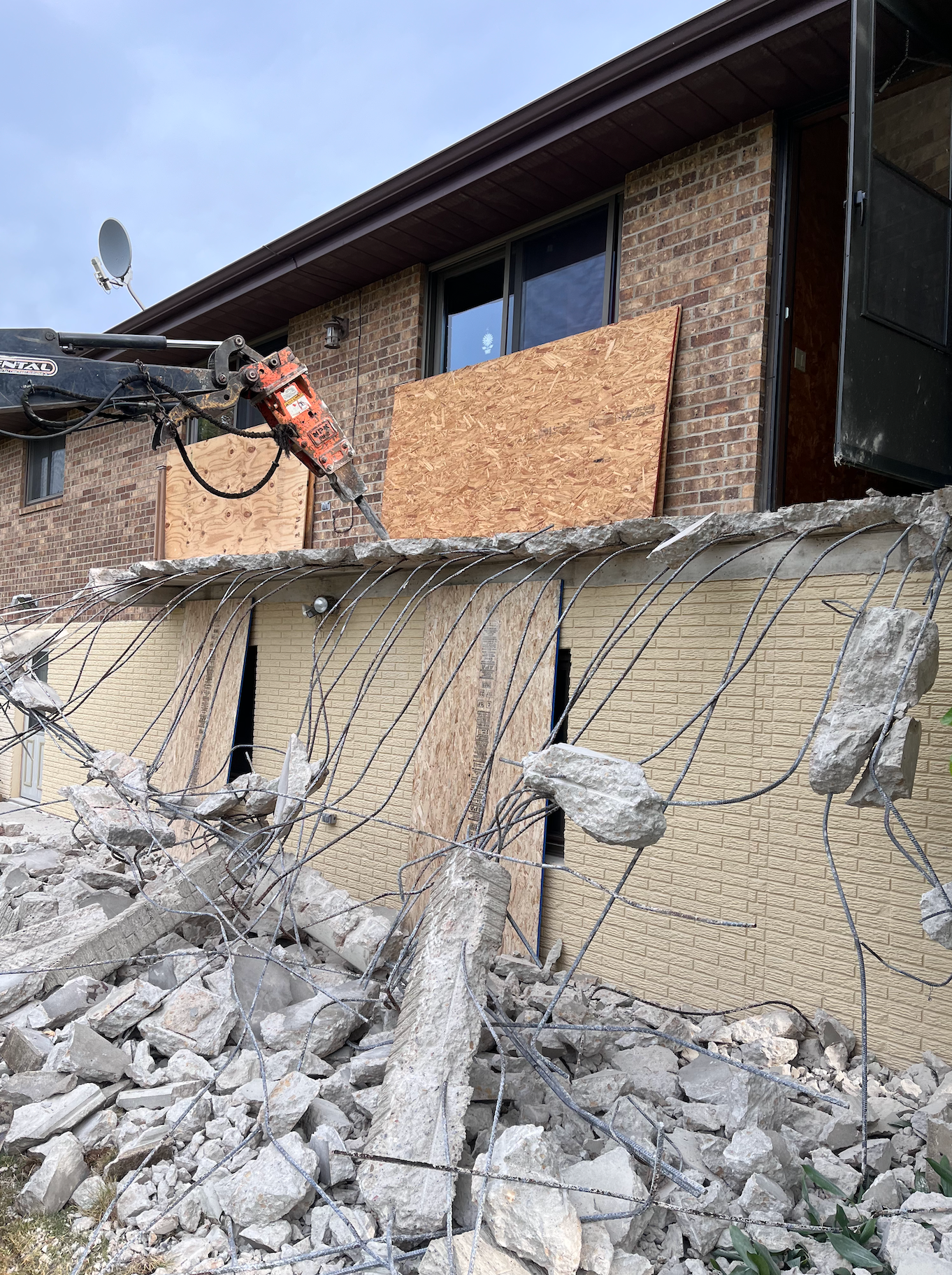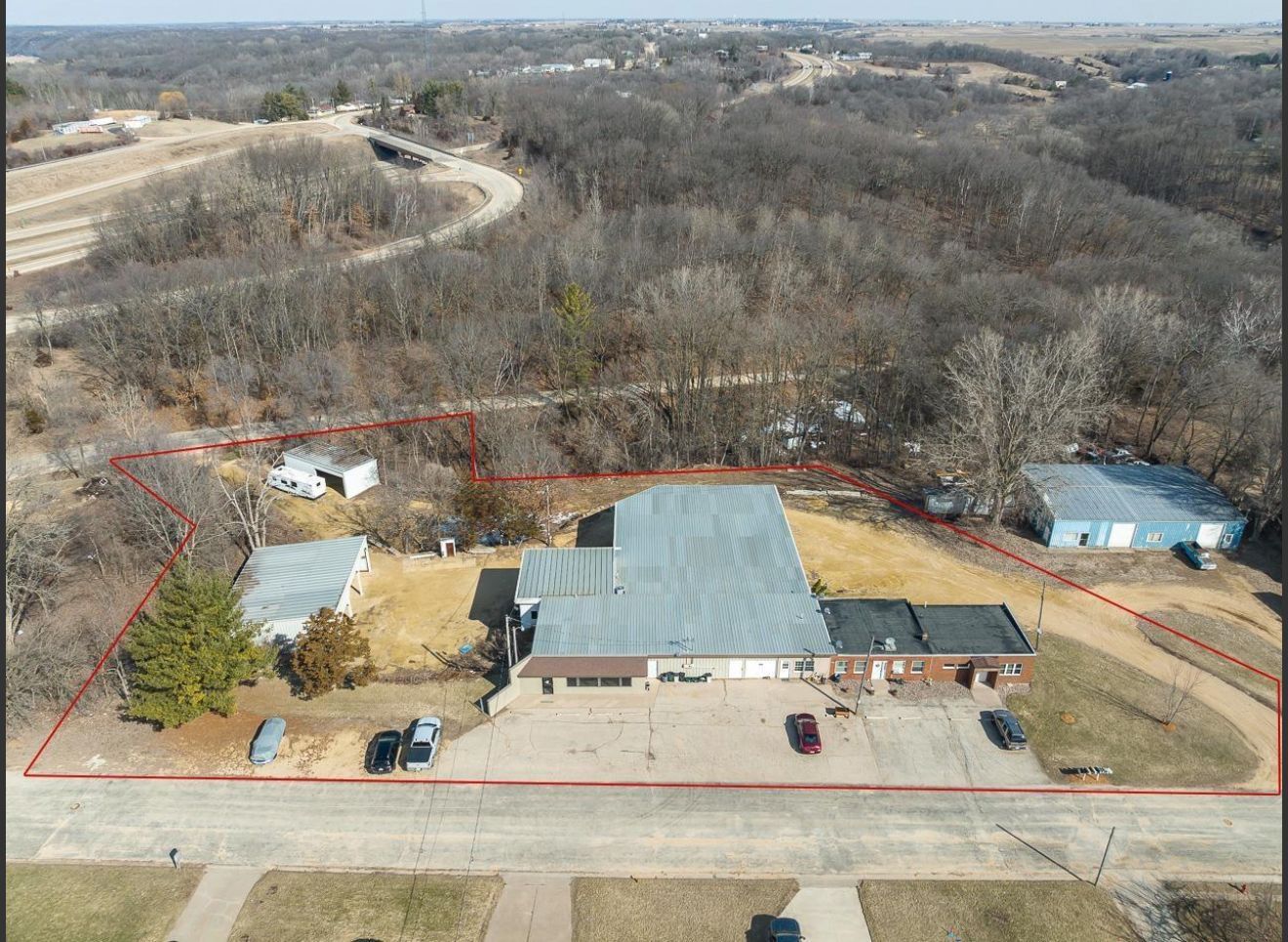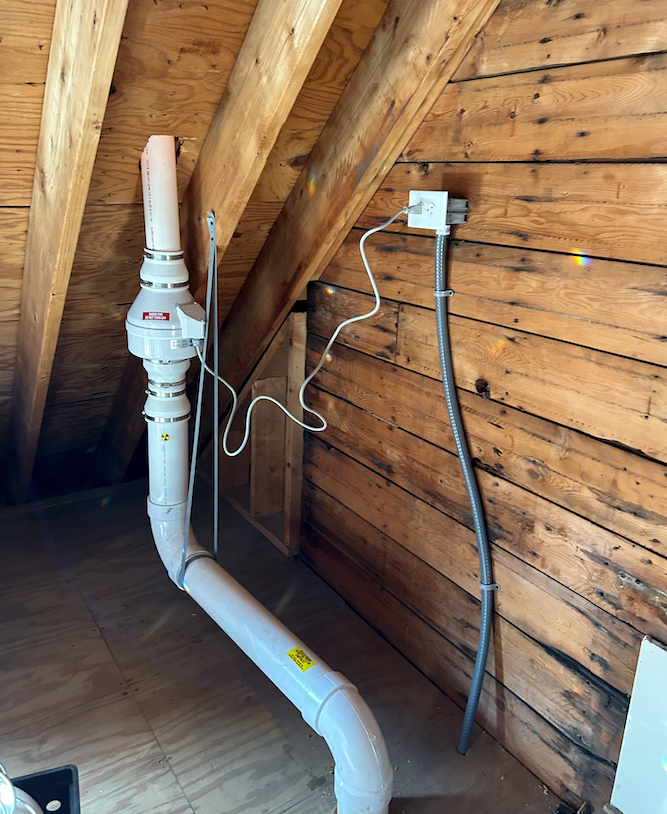2025 Tri-State Community Choice Winner 2025 Quality Business Winner CALL US: 1-888-402-5618
The Hidden Costs of DIY and Budget Renovations
The Hidden Costs of DIY and Budget Renovations

As an avid home improvement enthusiast and professional blogger, I've seen countless homeowners tempted by the allure of DIY projects and budget-friendly renovation companies. The promise of saving money is undeniably appealing, but what often isn't discussed is the true cost when these projects go awry. Let's dive into why cutting corners can end up costing you more in the long run.
The Initial Appeal
The appeal of DIY or opting for a cheaper renovation company is straightforward: significant cost savings. The idea of transforming a space on a budget, learning new skills, and the satisfaction of hands-on work is compelling. Meanwhile, budget companies often advertise unbeatable prices that seem too good to refuse. However, the initial savings can be deceptive.
Quality and Expertise Matter
One of the primary risks of going the DIY route or hiring a less reputable company is the lack of professional expertise. Home renovation projects often involve complex skills like plumbing, electrical work, and structural changes, which require a deep understanding and experience to execute correctly.
Professionals adhere to building codes and standards that might be overlooked by those less experienced. Incorrectly installed electrical wiring or poorly constructed structural supports can lead to catastrophic results, including safety hazards and structural damage to your home.
The Cost of Redoing Work
When projects are not done correctly the first time, the costs to redo them can be higher than hiring a reputable contractor from the start. For instance, improperly installed plumbing can lead to leaks that cause extensive water damage, necessitating not only reinstallation of the plumbing but also repairs to any affected areas. This does not even include potential mold remediation costs if the problem goes unnoticed for some time.
Time Is Money
DIY projects and less skilled labor often take longer to complete, leading to extended disruption in your home and daily life. Time overruns can also impact your budget significantly, especially if the project area is crucial like a kitchen or bathroom. The inconvenience and stress of living in a construction zone are often underestimated and can add to the overall cost of the project.
Decreased Home Value
A poorly executed renovation might do more than cost you additional money to fix—it could also reduce the overall value of your home. Potential buyers are typically willing to pay more for homes that are professionally renovated because they feel confident in the quality of the work. Conversely, the visible signs of DIY mistakes or cheap workmanship can be red flags to savvy buyers, leading to lower offers and a decreased ROI when it comes time to sell.
Choosing Wisely
The key takeaway here is not to shun all DIY projects or to fear all budget contractors but to approach such decisions with caution and thorough research. Know your own limits when it comes to DIY, and always check the credentials and reviews of any contractor you consider hiring. Sometimes, investing a bit more upfront can save a great deal of money and headache down the road.
Conclusion
In conclusion, while the upfront costs of DIY and budget renovations might seem appealing, the potential for additional costs later can make these options more expensive in the long run. Investing in professional help and high-quality materials from the start can not only save money but also provide peace of mind and add value to your home. Remember, the most cost-effective renovation is the one done right the first time.
Building Dreams with AMC Homes: From Blueprint to Reality



a b c d e f g h i j k l m n o - Do not remove from template!!! it is important to support different fonts
Contact Us
We will get back to you as soon as possible.
Please try again later.
